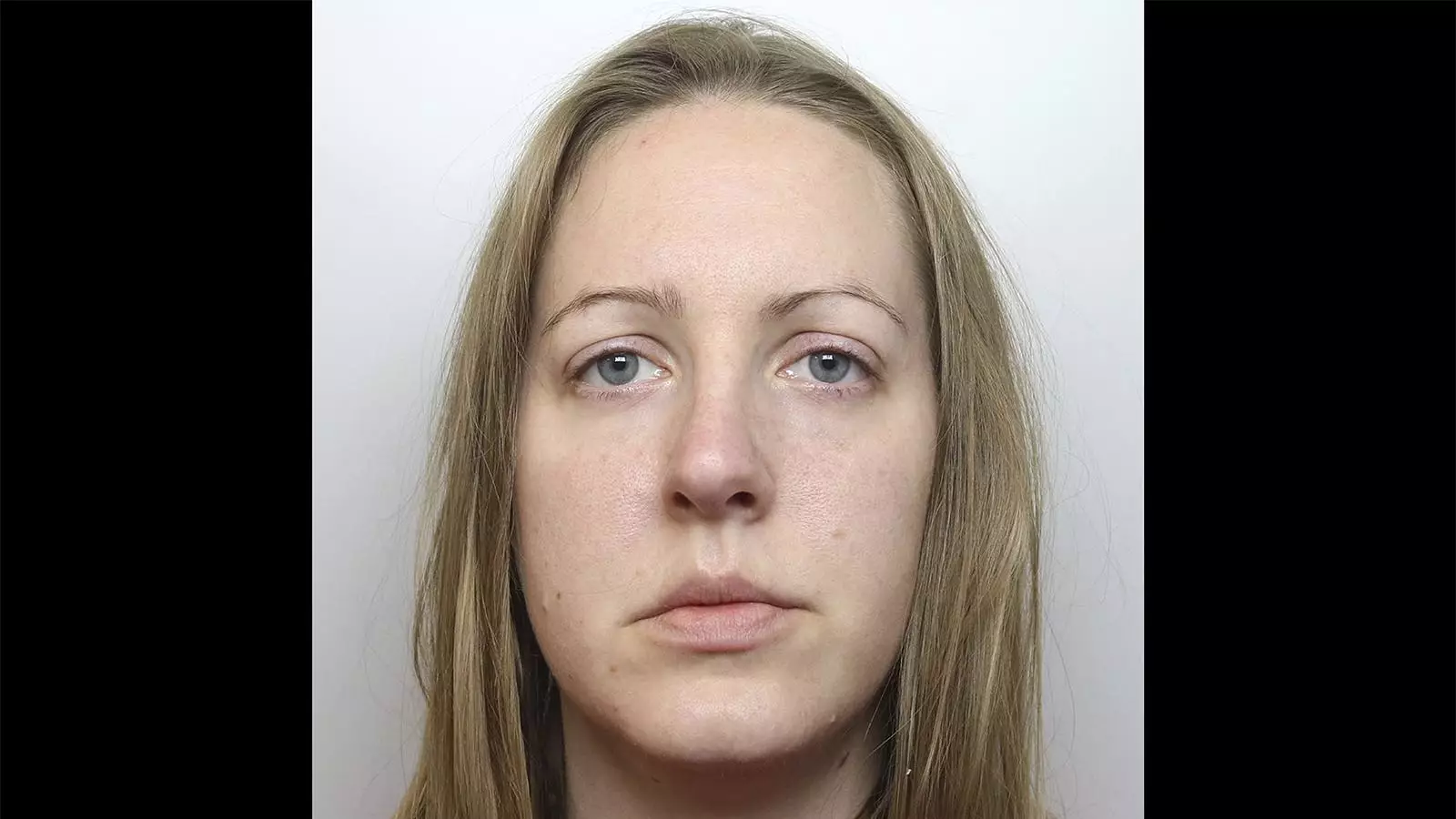The case of Lucy Letby, a former neonatal nurse convicted of multiple murders and attempted murders of infants in her care, has ignited significant public and legal debate. As she serves her life sentence, a recent development has potentially altered the landscape of her convictions. The lawyer representing Letby, Mark McDonald, intends to challenge her convictions based on new testimony from Dewi Evans, the prosecution’s key expert. This startling twist demands a closer examination of the implications surrounding expert evidence in criminal trials and the broader conversation on wrongful convictions.
At the heart of McDonald’s appeal plan is the assertion that Evans’ revised opinion undermines the credibility of the prosecution’s case. Originally stating that Letby had caused the deaths of three infants by injecting air into their gastric tubes, Evans has since modified his stance. McDonald argues that this retrospective change renders the evidence untrustworthy, calling into question the integrity of the entire case.
The legal ramifications of such changes in expert witness testimony can be profound. If a leading expert—whose opinion heavily influenced the initial jury’s decision—declares a new view on critical evidence, the defense has a compelling argument that the verdicts may not be safe. This situation speaks to the often-overlooked power of expert testimony in courtrooms and raises pressing ethical questions about its reliability and the potential for human error.
In stark contrast to Letby’s defense, the Crown Prosecution Service (CPS) maintains that the evidence against her is robust and has been thoroughly vetted. They emphasize that her guilt has been confirmed by not one, but two juries and three separate appeal court judges. The CPS appears resolute, suggesting that the investigative framework surrounding Letby’s actions has been extensive and multifaceted.
While the legal foundations seem stable from the prosecution’s perspective, the foundation of any legal system lies in its capacity for self-correction. Judicial systems are designed to accommodate appeals in light of new evidence. The challenge, however, rests in determining whether this newly presented evidence is substantial enough to warrant reopening a case that has already undergone extensive scrutiny.
Legal experts note that requests to reopen cases based on shifting expert opinions are exceedingly rare. Sean Caulfield, a defense lawyer with over two decades of experience, points out that it is particularly astonishing for a leading expert to simultaneously change their critical analysis of the evidence while also being the focal point of a renewed appeal. This raises questions around the interpretative nature of medical and scientific evaluations in legal contexts, where absolute certainty is often unattainable.
Moreover, the complexity of medical evidence—especially in neonatal care—suggests that understanding the nuances of each individual case requires a high level of specialization. This adds layers of difficulty in addressing statistical anomalies or drawing definitive conclusions that will hold up in court.
Significant also is the ongoing inquiry into the healthcare system that permitted multiple neonatal deaths to occur undetected. As experts examine the failures of Chester Hospital, the broader implications of systemic issues in medical practice come under renewed scrutiny. Any prospective missteps in protocol, oversight, or response time contribute to the framing of Letby’s case and examine how institutional failures may cloud individual accountability.
An independent group of scientists and health experts has raised alarms about the vulnerabilities within the legal system in evaluating complex medical evidence. Their warnings about the susceptibility to errors in interpreting statistical data add weight to Letby’s claims of innocence. As this inquiry unfolds, its findings may hold the potential to reshape public understanding and trust in healthcare as well as legal proceedings.
The case of Lucy Letby thus sits at a crucial intersection of law, medicine, and ethics. As her defense team seeks to challenge the convictions based on new evidence, it amplifies the call for a careful reconsideration of how expert testimony is utilized in the court. It invites all stakeholders—legal professionals, medical experts, and the public—to engage in critical dialogues about how justice is served and sought. As Letby’s legal saga continues, it embodies the complexities of determining truth in a system where the stakes are extraordinarily high and the lives involved are profoundly vulnerable.


Leave a Reply